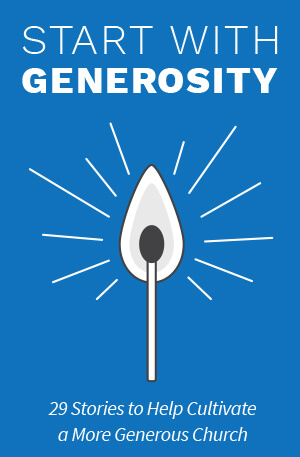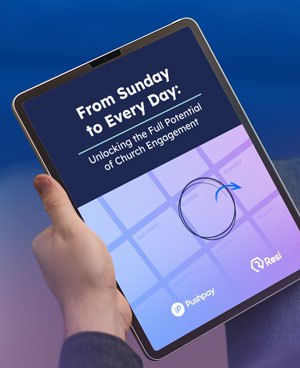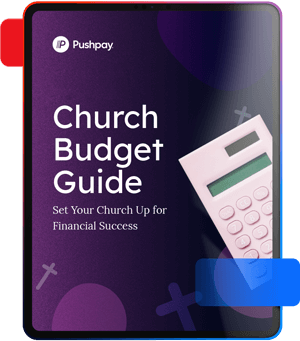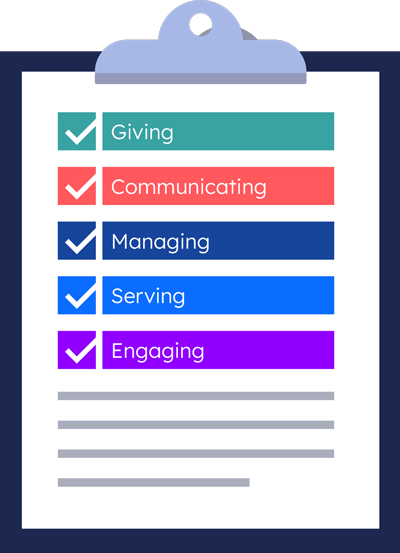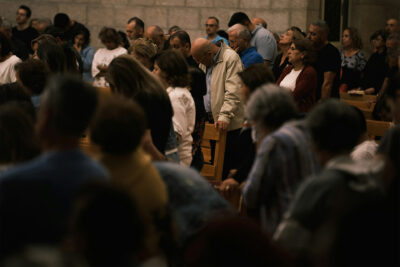
Recurring donations play an important role in helping churches maintain financial stability and support their mission year-round. With a consistent stream of contributions, churches can allocate resources more effectively, ensuring that ministries, outreach programs, and operational needs are covered without unexpected financial challenges.
When church leaders can count on recurring giving, they gain the ability to plan ministry initiatives with greater confidence. This reliability allows for long-term projects like expanding church buildings, adopting new donation platforms, or funding community outreach efforts to progress without financial uncertainty.
Encouraging congregation members to commit to recurring donations requires clear communication, accessible giving options, and a deeper understanding of the difference their contributions make. This guide explores practical ways churches can increase recurring giving and cultivate a culture of consistent generosity.
Why recurring donations matter for churches
Creating financial stability
A steady flow of church donations provides a predictable budget, allowing churches to plan and sustain programs, outreach efforts, and daily operational costs. With consistent contributions, church leaders can confidently allocate funds to essential areas such as events, charitable giving, and mission-driven projects without relying on last-minute fundraising.
Recurring giving also helps reduce financial fluctuations that often arise due to seasonal attendance changes or one-time contributions. With reliable donations, churches can continue offering vital services such as worship programs, community outreach, and operational support without disruption.
Supporting long-term ministry goals
Recurring donations allow churches to invest in initiatives that align with their mission and vision. Whether it’s funding a new church building, launching faith-based programs, or expanding outreach efforts, consistent giving provides the financial foundation needed for thoughtful planning and growth.
When congregation members commit to ongoing donations, churches can pursue ambitious goals such as implementing new church management software, improving online giving options, and supporting charitable organizations without financial hurdles. A steady funding stream helps churches focus on long-term ministry efforts rather than short-term financial concerns.
Building a culture of generosity
Recurring giving encourages congregation members to play an active role in the church’s financial well-being. By contributing regularly, donors build a stronger connection to the church’s mission, fostering a sense of shared responsibility and commitment over time.
Church leaders can nurture this culture by showcasing the tangible impact of recurring donations through testimonials, services, and donor appreciation efforts. Providing transparency about how contributions support the church community, fundraising goals, and specific projects helps members see the results of their generosity.
Offering multiple ways to give—such as online platforms, cryptocurrency options, and donor-advised funds—ensures that everyone can participate in a way that suits them. This flexibility increases engagement and encourages more people to become recurring donors.


